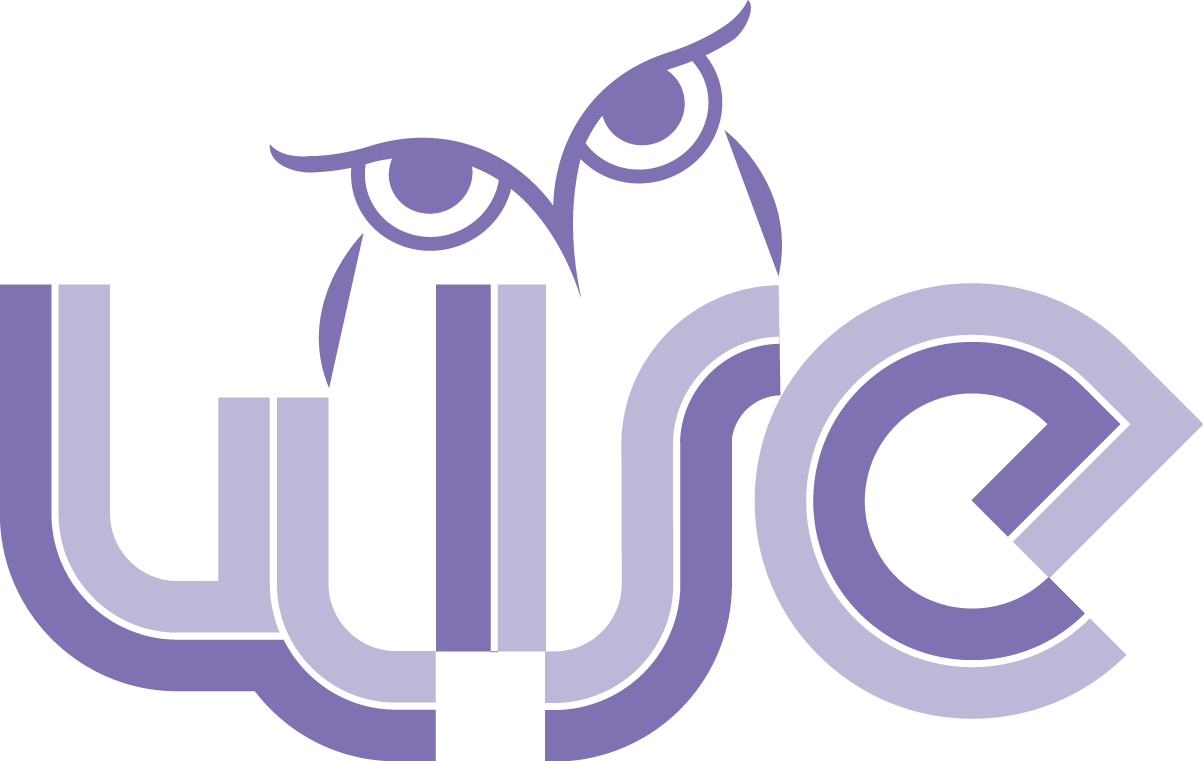“I Don’t Know”
When I began my journey into meditation, I learned that its purpose is to address the defilements. Unlike the common answers we often hear—attaining peace, wisdom, detachment from worldly turmoil, and ultimately, reaching the bliss of enlightenment—the essence of meditation is sweet and simple: to address the defilements. Enlightenment is a later picture.
This leads us to the next question: what are the defilements we need to address? We learn that they boil down to these three ‘good friends’: Greed, Aversion, and Delusion. There are only three, but identifying and addressing them is not straightforward. Moreover, we understand that suffering is rooted in their presence, and these defilements arise from wrong views. Wrong views and defilements go hand in hand.
One wrong view I’ve observed in myself is the desire for certainty and the expectation that things will unfold exactly as I plan. For example, when I take on additional tutoring sessions, I often calculate my monthly income assuming that none of my lessons will be canceled. From that, I project an annual figure, which brings me a sense of financial security. Yet, inevitably, something disrupts the plan. Classes get canceled, and the numbers no longer add up. I find myself obsessively recalculating, chasing an illusion of control. It’s disheartening, pitying and pathetic.
This pattern of seeking certainty creeps into every aspect of life if we observe carefully. There is always hope that if we make a certain decision, things will unfold as expected. But we forget we live in a conditioned world—one governed by causes and conditions. We have little say in how events will play out. No matter how meticulously we plan, factoring in every possible profit or loss, we ultimately lose. Nature has its way. We cannot dictate the outcomes.
Does this mean we shouldn't make decisions? Not at all. We must still plan, but with the understanding that we don’t know how things will turn out. The truth is, “I don’t know.” Will getting a master’s degree guarantee a better salary? I don’t know. Will not getting one mean being left behind professionally? I don’t know. Will braces ensure perfectly straight teeth? I don’t know. This doesn’t mean we shouldn’t pursue these things, but we must recognize that they might not yield the results we expect. When things don’t go as planned, we can then confront the disappointment—rooted in defilements—wisely.
A personal lesson came during a hospital visit. My waiting number was 0402, which I assumed meant I’d be the second patient in Room 4. When 0401 was called, I felt relieved, knowing I was next. But then, 0403 was called. I was confused, even irritated. It seemed unfair, and I began questioning the competence of the doctors. Eventually, 0402 was called. As I entered, I realized there were two doctors in the room, which explained why 0403 had gone in first. Later, I noticed a sign stating that the numbers weren’t queue numbers but simply for record-keeping. My arrogance deflated. It wasn’t the hospital that disappointed me but my own ignorant assumptions. If I knew how things work in the hospital, these expectations had no chance to demand its way.
Life repeatedly teaches me that my mind is the source of my suffering. It seeks certainty where there is none. It forgets that uncertainty is the only certainty. As I continue navigating life, I’m learning to loosen my grip on control. I still plan my teaching lessons, my life, and more—but I now accept that outcomes are beyond my control. “I don’t know” has become a new beauty in life. It has taught me to address defilements by not pushing them away, denying them, or wishing them otherwise, but by facing them wisely and with awareness. When how things work is not understood, defilements arise, and with them, suffering.
Always get up when you fall,
Stephanie Chua
5 November 2024

